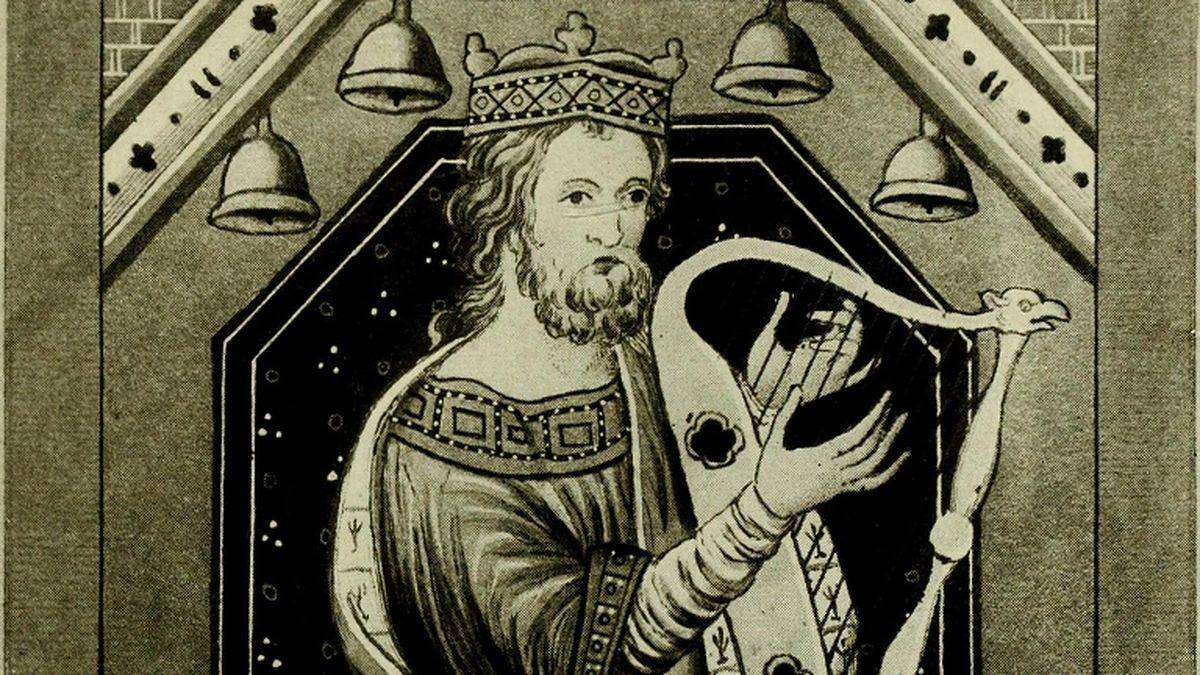 Illustration picture | ©Public domain
Illustration picture | ©Public domainOn the dusty roads
Hear ye, hear ye! A troubadour in Le Thoronet? His name was Foulques de Marseille, Folquet de Marselha, a merchant from Genoa born in Marseille in 1160.
He gave up everything to devote himself to poetry!
He went on the roads, from castle to castle, receiving room and board, with one only weapon: his songs and his verses. But one day, he went to the court of Alphonse I, count of Provence.
And though he was married and had a family, Foulques fell in love with lord Barral des Baux’s wife. But the lady, pretty Adélaïde de Roquemartine, didn’t like poetry! She loved her husband, so there!
Hurt, Foulques left and went on the dusty roads: but he gave up poems.
He first went to the court of Richard Lionheart, then to the one of count of Toulouse, kings of Aragon and Castile… and finally court of Guillaume VIII, viscount of Montpellier.
With wife and kids to the abbey
Guillaume’s wife, Eudoxie Commène, gave Foulques a new inspiration: he even started to write again! And our poet fell in love with the lady… but once again, she ignored him.
Poor Foulques! This misadventure (add to this the death of his friends Richard Lionheart and count of Toulouse) completely disheartened him: he decided to take the holy Cistercian orders.
Not only he, but also his wife and his kids followed him! Nevertheless, he still wrote poems…
Foulques’ blues
Abbot of Le Thoronet in 1197, then bishop of Toulouse in 1205, he struggled against the heretics, during Crusades against Cathars. Because of that, people considered him as a traitor, a very cruel man…
For instance: one day, a woman came to see him and asked his help, he said to her: “You’re a heretic and an unhappy woman. I'll not help the heretic, but I’ll help the unhappy woman.”
As a bishop, when he heard a jongleur singing his own poems, he “only ate bread and water during his diner”…
He wrote plenty of love songs, laments or Crusades songs. Lots of blues, finally!
Chanter me fait rappeler Ce qu’en chantant veux oublier, Car veux chanter pour oublier douleur Et mal d’amour. Plus je chante et plus m’en souvient..., “Singing remind me what I want to forget, but I want to sing to forget my pain. The more I sing, the more I remember about those pains…”
